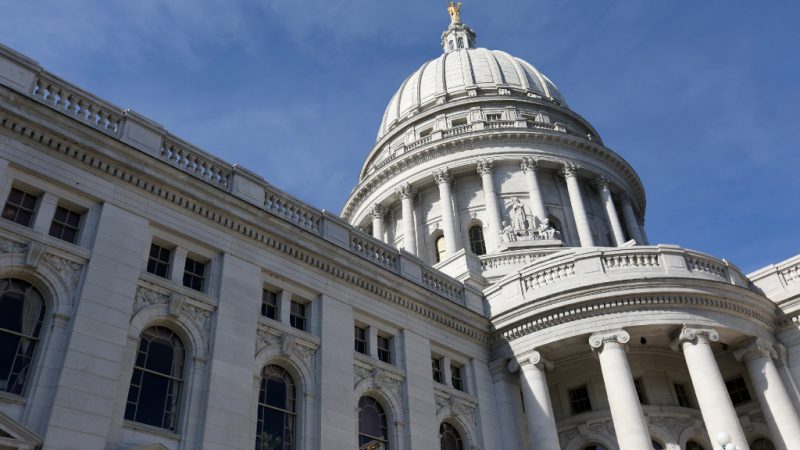Milwaukee Mayor Cavalier Johnson argued the Common Council should vote on the proposed 2 percent sales tax bump in the GOP shared revenue bill rather than sending the question to voters in a referendum. Johnson, who has largely praised the measure for providing his city more funds and moving things in the right direction, wouldn't say if he's going to push the guv to sign the bill. But he said his...
Please log in to access subscriber content.
If you don't have a subscription, please contact schmies@wispolitics.com for subscription options on the WisPolitics-State Affairs platform, which is the new home for WisPolitics subscriber products.

